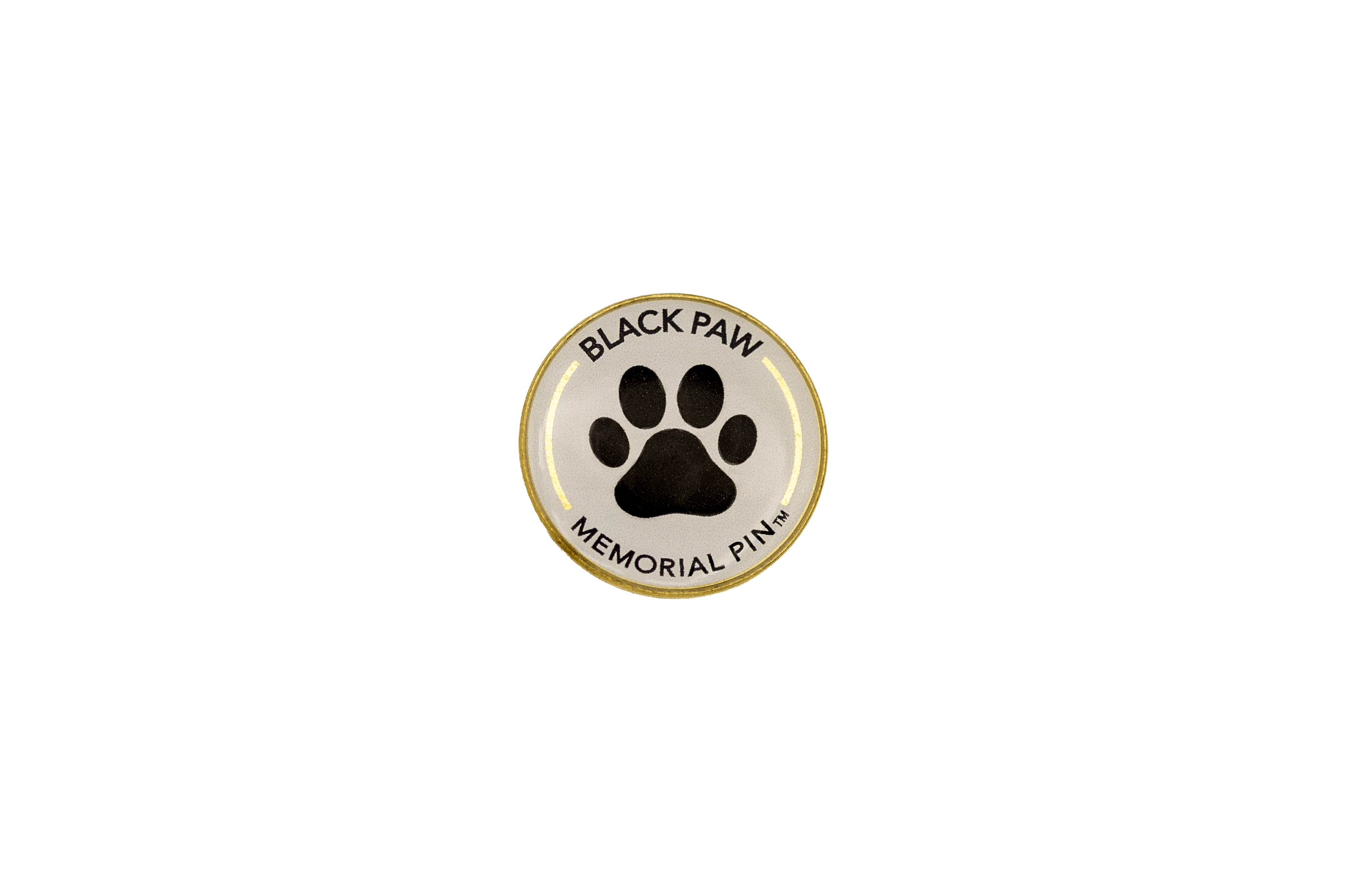When a beloved pet dies, the loss can bring grief and intense sorrow. By physically showing your grief, you actively mourn the death of your beloved pet. This active mourning helps move you on a journey toward reconciling with the loss of your pet.
What should you do?
Your journey of grief will not take on a prescribed pattern or series of stages. While you are actively mourning your loss, consider the following:
- Acknowledge the reality of the death—Acknowledging the full reality of your loss may take weeks or months, and will happen in a time that's right for you. Be kind to yourself as you adjust to life without your beloved pet. Just as it took time to build the relationship with your pet, it will take time to get used to him or her not being there.
- Move toward the pain—Experiencing your emotions following the death of a pet is difficult, but important. A healthier grief journey may come from taking your time to work through your feelings rather than trying to push them away or ignoring them.
- Continue your relationship through memories—Your memories allow your pets to live on in you. Embracing these memories, both happy and sad, can be a very slow and, at times, painful process that occurs in small steps. For example, take some time to look at past photos, write a tribute to your pet, or write your pet a letter recalling your time together.
- Adjust your self-identity—Part of your self-identity might come from being a pet owner. Others may also think of you in relation to your pet. You may be “the person who always walked the big black dog around the neighborhood” or “the friend whose cat always jumped on laps.” Adjusting to this change is a central need of mourning.
- Search for meaning—When a pet dies, it’s natural to question the meaning and purpose of pets in your life. Coming to terms with these questions is another need you must meet during your grief journey. Know that it's the asking, not the finding of concrete answers, that is important.
- Accept support from others—You need the love and support of others because you never "get over" grief. Talking or being with other pet owners who have experienced the death of a pet can be one important way to meet this need.
Things to remember
The experience of loss is different for everyone and can present unique challenges.
The deafening silence—The silence in your home after the death of a pet may seem excruciatingly loud. While your animal companion occupies physical space in your life and your home, many times their presence is felt more with your senses. When your pet is no longer there, the lack of their presence—the silence—can become piercing. It becomes the reality of the “presence of the absence.” Merely being aware of this stark reality will assist in preparing you for the flood of emotions.
The special bond with your pet—The relationship you shared with your pet is a special and unique bond, and some people might find it difficult to understand. You may have well-meaning friends and relatives who think you shouldn't mourn for your pet or tell you that you shouldn't be grieving so much because “it’s just a cat” or “just a dog.” Your grief is normal, and the relationship you shared with your special friend needs to be mourned.
Grief can’t be ranked—Sometimes our head gets in the way of our heart’s desire to mourn by trying to justify the depth of our emotion. Some people will want to “rank” their grief, comparing their grief emotions with others whose grief might be “worse.” While this is normal, your grief is your grief and deserves the care and attention of anyone who is experiencing a loss.
Questions of spirituality—During your grief journey, you may find yourself questioning your beliefs regarding pets and an after-life. Many people around you will also have their own opinions. It will be important during this time for you to find the answers right for you and your individual and personal beliefs.
This information is based on AVMA's client brochure, Pet Loss and Grief, developed with help from Coleen A. Ellis, CT, CPLP.

